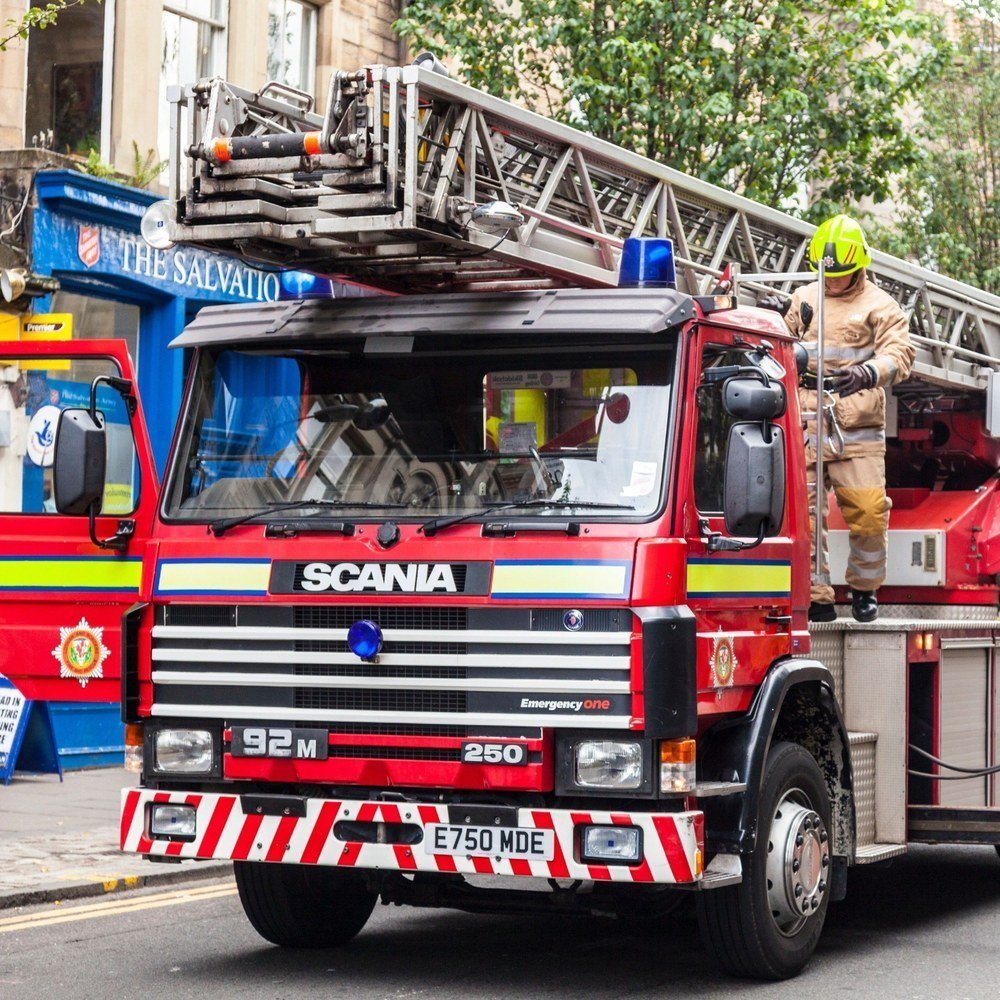Northern Ireland Fire and Rescue Service has revealed alarming new statistics on the rate of fire false alarms in Northern Ireland, which it has branded as “unsustainable”.
Announcing the launch of a new False Alarm Policy which comes into effect in February 2024, NIFRS revealed today that 98.7% of automatic fire alarms in Northern Ireland were false alarms, with only a small proportion of the remaining 1.3% being actual fires. The shocking statistics reveal the extent of the problem locally. In England the proportion of total incidents that were false alarms in the year ending September 2022 was much lower, at 38% (Source: https://www.gov.uk/government/statistics/fire-and-rescue-incident-statistics-england-year-ending-september-2022/fire-and-rescue-incident-statistics-england-year-ending-september-2022#ffAlarms).
So why are there so many fire false alarms in Northern Ireland?
Firstly, let’s consider what constitutes a “fire false alarm”.
Fire false alarms are where the Fire and Rescue Service attends a location believing there to be a fire incident but, on arrival, discovers that no such incident exists or existed. These are broadly categorised into ‘good intent’, ‘malicious’ and ‘due to apparatus’.
Good intent calls are made in good faith in the belief that the FRS really would be attending a fire.
Malicious false alarms are made with the intention of getting the FRS to attend a non-existent incident.
Due to apparatus calls are where a fire alarm or fire-fighting equipment operate (including accidental initiation by persons) in error.
We know from statistics published in England that the majority of fire false alarms, 68%, are attributed to apparatus (Source: https://www.gov.uk/government/statistics/fire-and-rescue-incident-statistics-england-year-ending-september-2022/fire-and-rescue-incident-statistics-england-year-ending-september-2022#ffAlarms).
What changes are NIFRS introducing to tackle the problem?
From February 2024, how NIFRS responds to automatic fire alarms will change, with the new policy setting out specific responsibilities for fire alarm monitoring organisations, installers, maintainers, and users of fire alarm systems.
The key change is that duty holders in premises that are occupied and do not contain sleeping accommodation will be required to verify there is a fire before contacting emergency services. Signs of fire include visible flames, smoke, a smell of burning, or a strong indicator from a fire alarm system.
“Duty holders in premises that are occupied and do not contain sleeping accommodation will be required to verify there is a fire before contacting emergency services”
The changes won’t apply to:
- residential setttings, including hospitals, care homes, hotels, and dwellings
However, the changes will apply to:
- commercial premises, including factories, offices, and shops
The response will depend on the type of premises and the information provided at the time of an emergency call.
How can Fire False Alarms be Reduced?
The true solution to the unsustainable level of fire false alarms lies in getting to the root cause of the problem.
The Hackitt report produced after the Grenfell Tower tragedy, stated that there is a ‘lack of competency’ throughout the industry in almost every discipline and at every stage of construction and maintenance of a building.
We believe that until competency is enforced for any person working on a fire detection and alarm system, fire false alarms will continue to be a growing issue. Competency is required from the design stage, through to installation, commissioning and maintenance of fire detection and alarm systems.
Fire trade associations such as the Fire Industry Association are lobbying for minimum competency requirements for those working on fire alarm systems, and Diamond Systems have their full support. We have already put our design and engineering team through the rigourous new competency framework introduced by the FIA, with a 100% pass rate.
In addition to competency, we advocate the use of quality products and systems, many of which offer guarantees of false alarm immunity.
Get in touch to talk to our team of fire detection and alarm specialists.



